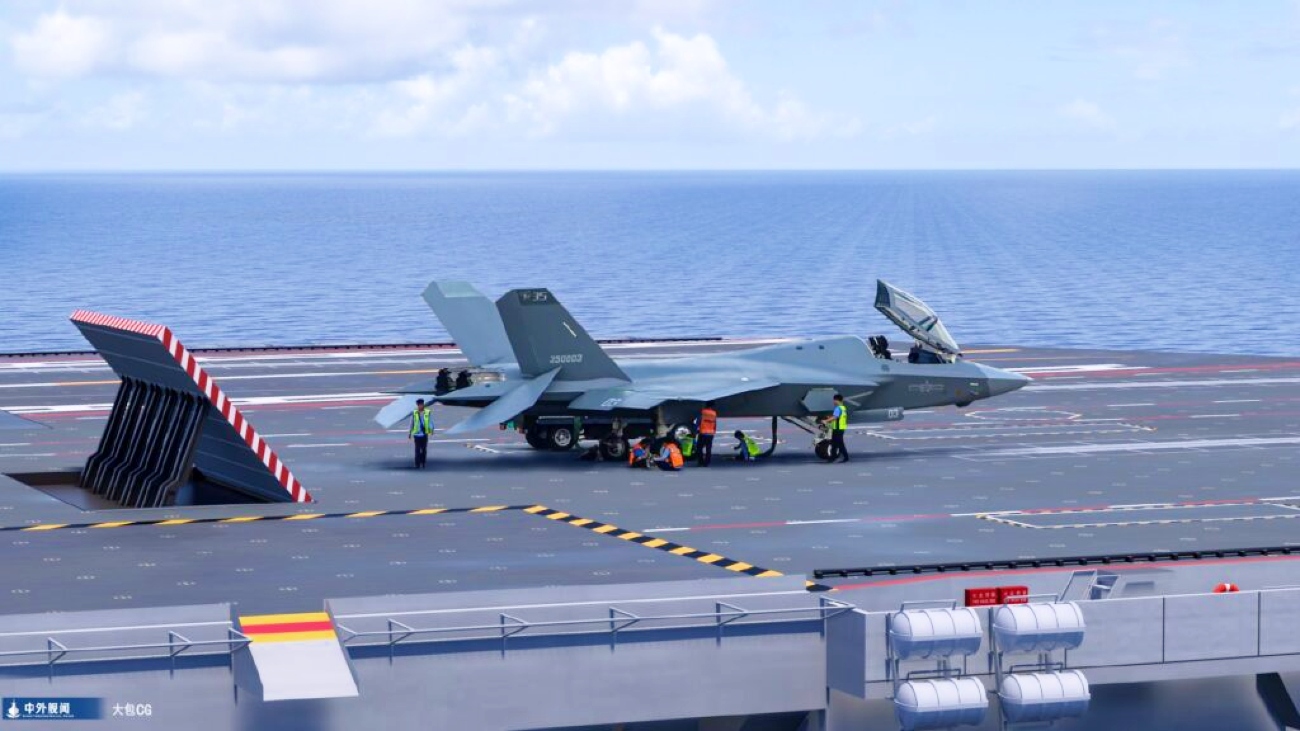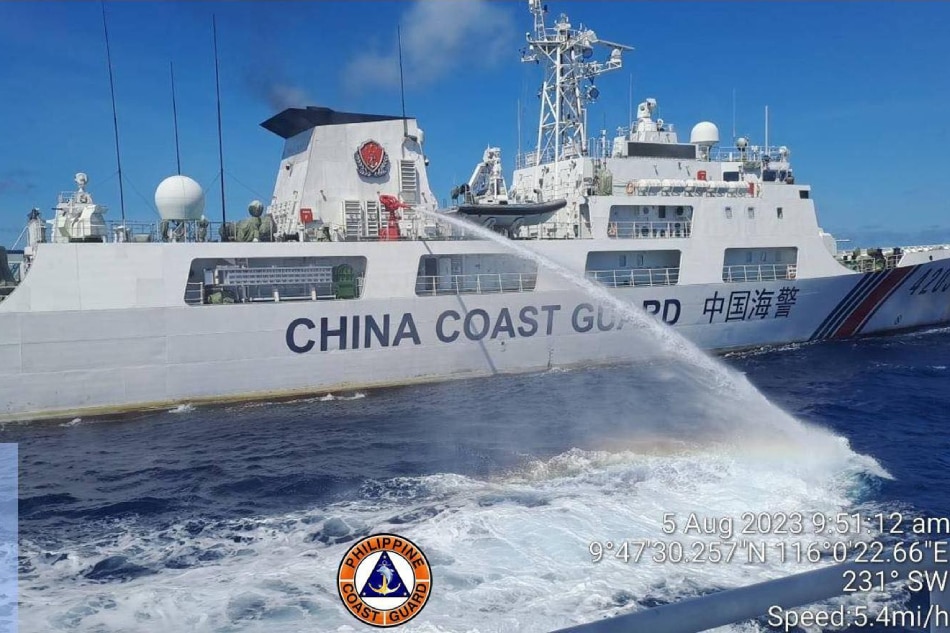As tensions escalate in the South China Sea due to increased encounters between the Philippines and the Chinese coastguard, Manila is seeking support from India and Japan to counter Chinese military activities.
On November 5, the Philippine Department of Transportation (DoTr) revealed that the Japanese government has committed to financing the acquisition of five additional ships for the Philippine Coast Guard (PCG).
Japanese Prime Minister Fumio Kishida announced this funding support during his address at a joint special session of the Senate and House of Representatives on November 4.
These five new vessels, known as 97-meter-long Multi-Role Response Vessels (MRRVs), will be supported through Official Development Assistance (ODA) from Japan. This addition comes on top of the 12 ships that Japan had previously provided to the Philippines.
Kishida said, “The last pillar of the New FOIP (Free and Open Indo-Pacific) Plan is extending efforts for security and safe use of the sea and the air. Japan has hitherto provided 12 ships to the Coast Guard to play a part in improving the Philippines’ maritime security capability.”
The Philippine Coast Guard’s maritime assets supported by Japan’s funding presently comprise ten units of 44-meter Multi-Role Response Vessels (MRRVs) and two units of 97-meter MRRVs, specifically the BRP Teresa Magbanua (MRRV 9701) and the BRP Melchora Aquino (MRRV 9702).
These two 97-meter MRRVs were procured in 2022 from the Japanese shipbuilding company Mitsubishi Shipbuilding Co. Ltd. as part of the Maritime Safety Capability Improvement Project Phase 2.

In addition to Japan’s contributions, India has extended an offer to provide the Philippines with at least seven ALH Mk III helicopters for rescue and humanitarian operations conducted by the Philippine Coast Guard (PCG) during national disasters.
On November 5, the President of the Philippines acknowledged that India’s offer to supply helicopters to the PCG would significantly bolster the government’s ongoing endeavors to enhance the nation’s capacity for rescue and humanitarian missions.
The ALH Mk III, currently operational in the Indian Navy and Coast Guard, features advanced surveillance radar that can detect and identify ships and boats at a range of up to 120 nautical miles, expected to bolster the Philippines’ coastal monitoring capabilities.
Philippines Turns To Allies For Assistance
Over the past decade, China has expanded its presence by constructing and reinforcing outposts and airstrips on the Paracel and Spratly island chains. This move has caused apprehension among many Asian nations and the United States due to their vested interest in upholding freedom of navigation in one of the world’s busiest maritime routes.
Beijing’s escalating military presence and more aggressive maritime actions have also prompted concerns regarding its intentions in the region and its commitment to adhering to international laws and norms.
Beijing justifies its actions by asserting “indisputable sovereignty” over these South China Sea islands, with the Philippines, in particular, experiencing these concerns acutely as Chinese vessels obstruct local fishermen and impede Manila’s exploration of oil and gas reserves within its exclusive economic zone.
Thus, the assistance provided by India and Japan will enhance the Philippines’ surveillance capabilities in the region and serve as a deterrent against Chinese military activities.
However, the nation will require additional support from its allies, given the significant disparity between the size and capabilities of its Navy and Coast Guard compared to its Chinese counterparts.

Japan has initiated formal discussions with the Philippines regarding the potential deployment of Japanese troops in the Southeast Asian nation, reinforcing the close relationship between these two countries, both of which see each other as essential partners in countering China’s influence.
This announcement followed a recent meeting between the Japanese Prime Minister and the President of the Philippines, Ferdinand Marcos Jr.
Both nations are embroiled in territorial disputes with Beijing, with the Philippines in the South China Sea and Japan in the East China Sea. They also share proximity to Taiwan, a self-governed island that China intends to reclaim by force.
The proposed agreement termed a reciprocal access agreement, would grant the Japanese military access to Philippine bases, facilitating joint military exercises.
Although the idea has been under consideration since 2015, it has gained greater significance as both countries face growing challenges from an increasingly assertive China.
- Contact the author at ashishmichel(at)gmail.com
- Follow EurAsian Times on Google News




